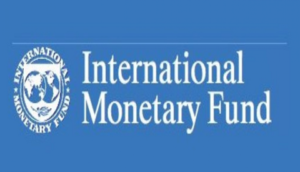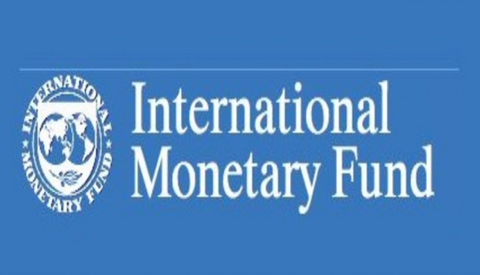
International Monetary Fund (IMF) has concluded that despite the $3.5 billion loan it gave Nigeria to cushion the effects of COVID-19 pandemic in April 2020, socio-economic conditions have worsened.
In a report published, on Monday, on the Article IV Consultation for 2020, which ended on January 27, the Board noted that “Nigeria’s economy has been hit hard by the COVID-19 pandemic.
Following a sharp drop in oil prices and capital outflows, real GDP is estimated to have contracted by 3.2 per cent in 2020 amidst the pandemic-related lockdown.
“In April 2020, Nigeria received IMF emergency financial assistance of $3.5 billion under the Rapid Financing Instrument to help cushion the impact of the pandemic.
Headline inflation rose to 14.9 per cent in November 2020, a 33-month high, reflecting core and food inflation increases emanating from supply shortages due to the lockdown effected to curb infections alongside, the land-border closure and continued import restrictions.
“The unemployment rate reached 27 per cent in the second quarter of 2020, with youth unemployment at 41 per cent.
“External vulnerabilities due to lower oil prices and weak global demand have increased, with the current account remaining in deficit in the first half of 2021,” the Fund noted.
It, however, commended government for acting swiftly to adopt a pandemic-related support package equivalent to 0.3 per cent of GDP in the 2020 revised federal budget despite limited fiscal space.
At the last Monetary Policy Committee (MPC) meeting, Central Bank of Nigeria (CBN) admitted that the 0.3 per cent of GDP COVID-19 stimulus package was abysmally little and said it would provide more.
Looking ahead, IMF directors emphasised the need for urgent policy adjustment and more fundamental reforms to sustain macroeconomic stability and lift growth and employment.
While welcoming removal of the fuel subsidy and steps to implement cost-reflective tariff increases in the power sector, the directors “stressed the need for significant revenue mobilization to reduce fiscal sustainability risks, relying initially on progressive and efficiency-enhancing measures with higher tax rates awaiting a more sustained economic recovery.”
They highlighted the need for improved social safety nets to cushion potential negative impacts on the poor.
The recommended gradual and multi-step approach to establishing a unified and clear exchange rate regime with the near-term focus on allowing for greater flexibility and removing the payments backlog.
“Directors observed that the accommodative monetary stance remains appropriate in the near term, although tightening may be warranted if the balance of payments or inflationary pressures were to increase.
In the medium term, the monetary policy operational framework should be reformed and Central Bank financing of budget deficit phased out in order to reduce inflation.
“While welcoming the resilience of the banking sector, Directors called for continued vigilance to contain financial stability risks.
“They noted that COVID-19 debt relief measures for bank clients should remain time-bound and limited to those with good pre-crisis fundamentals.
“Directors welcomed recent progress in structural reforms and called for continued reforms aimed at promoting economic diversification and reducing the dependence on oil and increasing employment.
“In addition, they encouraged strengthening governance and anti-corruption frameworks, including compliance with AML/CFT measures.”
More Nigerians have continued to test positive for COVID-19 and more deaths have been recorded from its complications, Tribune Online analysis shows
However, Nigeria recorded fewer COVID-19 infections and deaths when compared to the previous week. It also recorded increased recoveries during the same period…Despite loans, Nigeria’s socio-economic conditions deteriorated ― IMF .
















Add comment